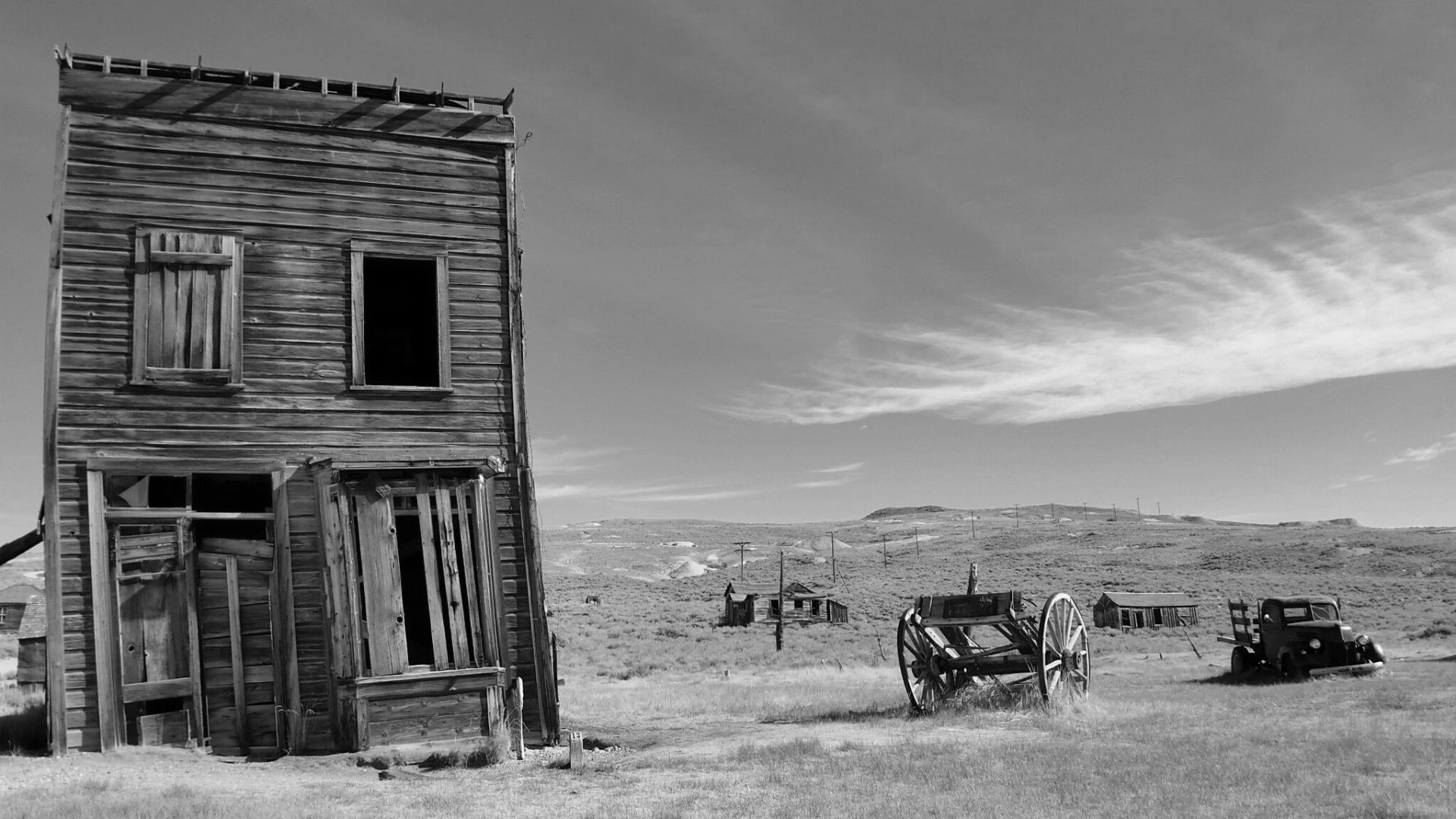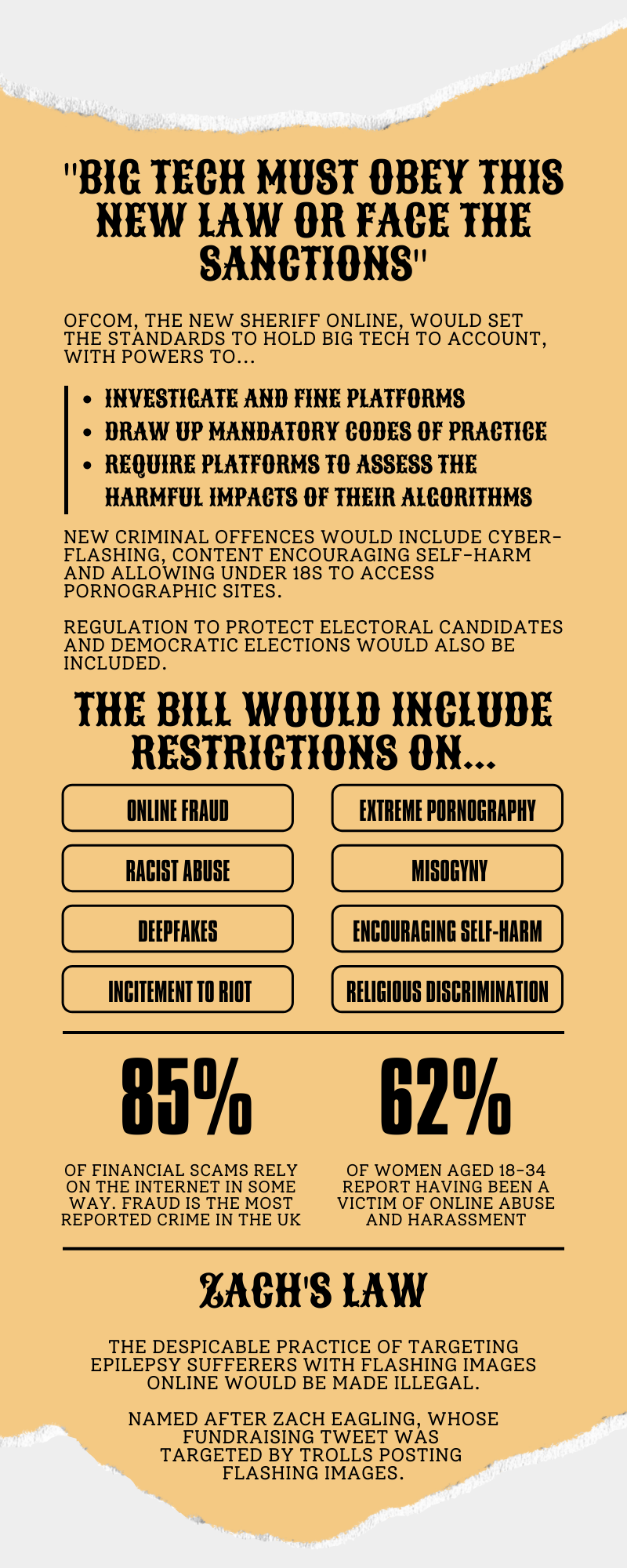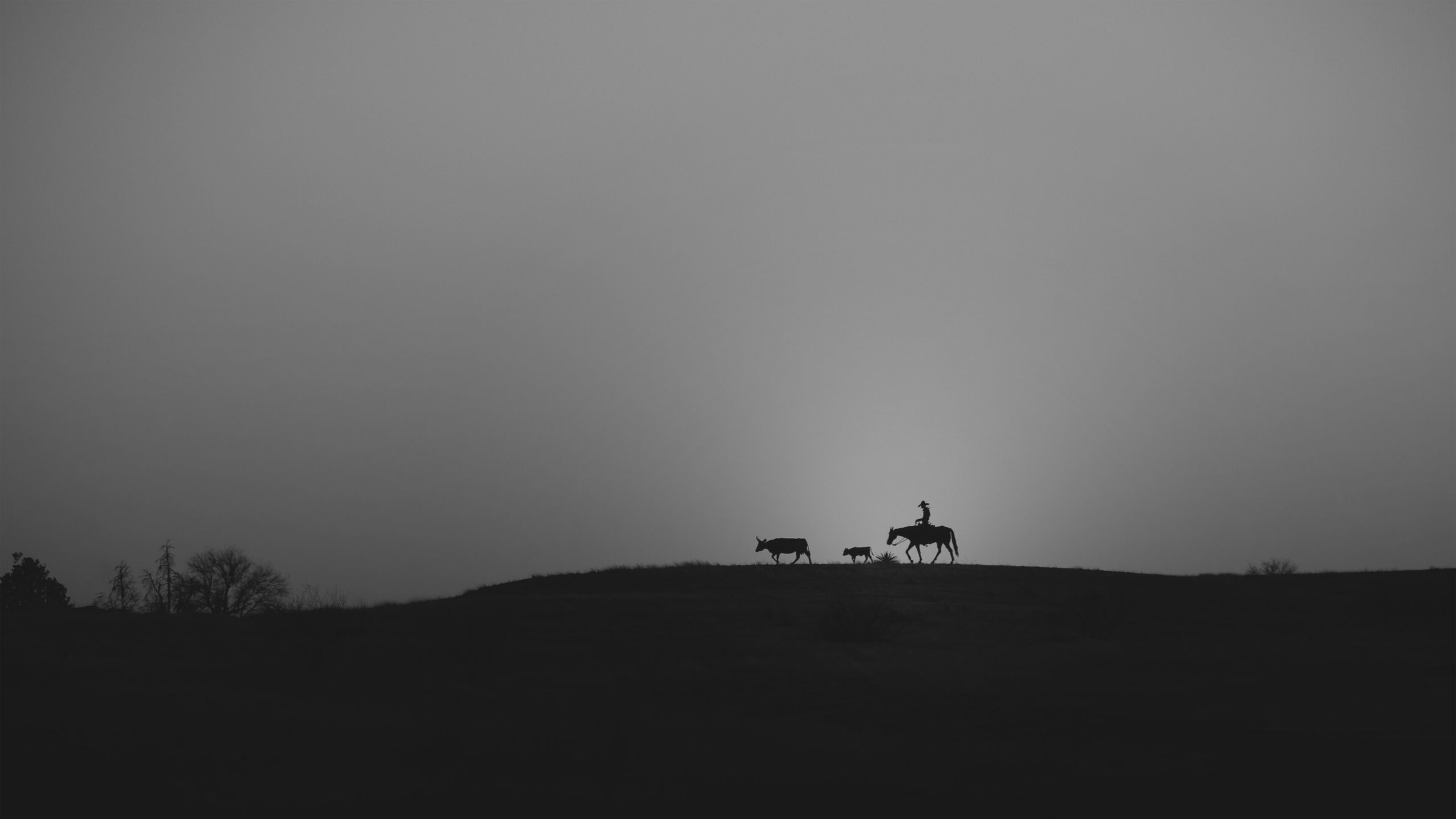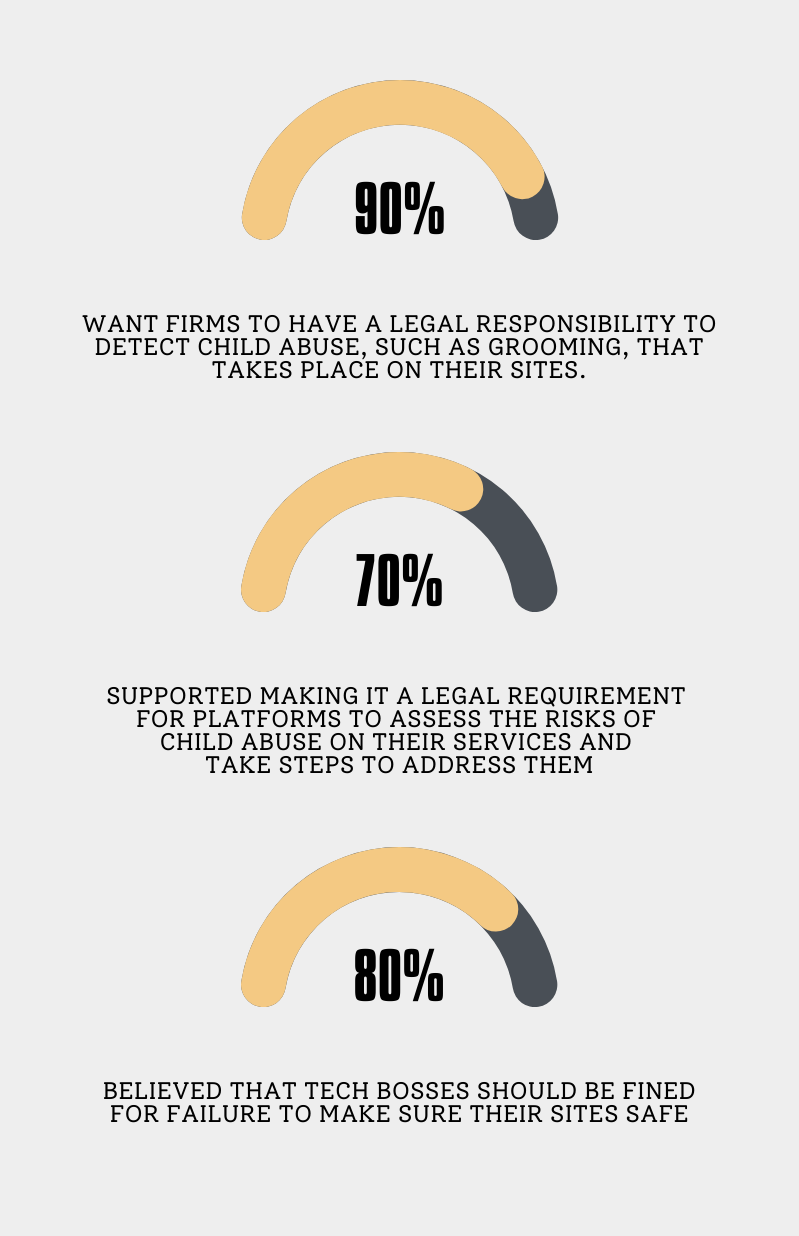The Wild West of the Web
How the Online Safety Bill seeks to regulate the internet

New criminal offences and rules for tech giants were recommended as part of proposals for the UK's Online Safety Bill last month.
The draft proposals would place responsibility on internet service providers for harmful content posted on their platforms, including serious crimes such as child abuse, fraud, racist abuse, promotion of self-harm and violence against women.
If passed, the bill would be one of the most significant attempts at regulating online content to date.
Chair of the Joint Committee on the draft Online Safety Bill, Damian Collins MP, said: "We need to call time on the Wild West online.
"For too long, big tech has gotten away with being the land of the lawless."
⏯️ All eyes are on the #OnlineSafetyBill 📜
— Joint Committee on the Draft Online Safety Bill (@OnlineSafetyCom) December 14, 2021
Read Parliament's recommendations on the Bill to the Government here 👇https://t.co/xzBjerrkJi pic.twitter.com/8eY3o7KCEx
"A lack of regulation online has left too many people vulnerable to abuse, fraud, violence and in some cases even loss of life," he added.
"The era of self-regulation for big tech has to come to an end."
It is an ambitious undertaking, and not without its controversy, as lawmakers seek to resolve a range of complex issues.
SWLondoner has taken an in-depth look at this attempt to tackle the online frontier...

I. Laying Down The Law
How the proposals would crack down on harmful content

After hearing evidence from victims of online harms, experts, and big tech companies; including Facebook whistle-blowers Frances Haughen and Sophie Zhang, the committee made a number of recommendations.
These include the introduction of new criminal offences and restrictions on harmful content, as well as greater powers for Ofcom to hold big tech companies to account.

Source: Draft Online Safety Bill: Report of Session 2021-22
Source: Draft Online Safety Bill: Report of Session 2021-22
The report also proposes the creation of a new "safety controller" role within the senior management of tech companies.
They would be liable for a platform's failure to comply with the rules when there is clear evidence of repeated failings which pose a significant risk of causing harm to users.
But what makes these proposals so necessary now, and why has it taken so long for regulation to be brought in?
II. Reining In The Cowboys
How the proposals seek to alter the current online landscape

One answer, offered by Member of Parliament for Westminster, Nickie Aiken, is that regulation to date has simply not had the chance to keep up.
"The internet, and social media in particular is so young still, and it's grown so quickly, and so globally, and the way we personally conduct ourselves on it has changed so fast," she said.
"I really believe it's an evolution, and I think you have to recognize that platforms have done an awful lot, but they haven't done enough when it comes to safety, and regulation.
"Therefore, if they continue to fail to really grasp how important it is to stay ahead of the game, and bring in their own regulation then sadly we've got to do it ourselves."
Following an increase in online scams over the past year, Aiken felt compelled to push for the inclusion of regulation for online advertising in the recommendations.
She explained: "Online fraud is is the fastest growing crime in this country, just by the nature of the number of people who shop online, and with lockdown, more and more people used the internet to shop and to invest and bank.
"I think we've certainly seen criminals realize that it's a lucrative way to rob people of their money."
Following Aiken's appeals, the committee is now recommending that platforms only allow investment companies who are regulated by the Financial Conduct Authority to advertise online.

III. The Good, The Bad, and The Ugly
How the proposals seek to clear up grey areas of the law

The need for regulation to evolve in order to promote online safety is a sentiment shared by David Wright, the director of the UK Safer Internet Centre.
While there are obvious benefits to restricting internet scams, other areas of online regulation are less clear cut.
This is particularly the case when it comes to dealing with legal but harmful content, which is also referred to as "lawful but awful".
As a result, the report has recommended platforms be made to adopt a duty of care approach for platforms, as Wright explained:
While Wright expressed his optimism for the recommendations included in the proposals, he also warned that the scale of the challenges Ofcom would assume should not be underestimated.
He also identified some potential shortcomings in the draft bill:
IV. Welcome to Westworld
How the proposals could affect free speech

The aspects of the recommendations discussed by Wright are likely to be positively received by the public.
A NSPCC / YouGov survey from the start of last year found wide-scale support for stronger laws to protect children from online abuse.
When it comes to issues of anonymity and privacy online, however, there is a greater degree of division.
Though the proposals suggest a need for robust protections for freedom of expression, including an automatic exemption for recognized news publishers, groups such as Big Brother Watch have warned that new regulations could restrict civil liberties.
Legal and policy officer of Big Brother Watch Mark Johnson said: “Over recent years, social media companies have adopted increasingly censorious speech standards.
"The Online Safety Bill will only make this worse and poses a greater threat to freedom of speech in the UK than any other law in living memory."
If just 700 more people sign our petition the Government will be forced to respond...
— Big Brother Watch (@BigBrotherWatch) January 13, 2022
Sign now if you agree that the Government *must* remove attacks on LAWFUL SPEECH from the #OnlineSafetyBill.
Sign & Share ⤵️https://t.co/yUhzgA9syx pic.twitter.com/6z7ybTnLra
He argued that the bill would do nothing to help police deal with real crime online, but instead force social media companies to suppress lawful content which is controversial, counter-cultural or offensive.
"This framework for control of lawful speech will do untold damage to free expression that may be impossible to reverse," he said.
The group have launched a petition against what it claims are attacks on lawful speech contained in the proposals.
Whether these concerns will affect the bill when it is put before Parliament later this year, only time will tell...

Source: NSPCC / YouGov survey of 2,125 adults between 31 December and 4 January 2021
Source: NSPCC / YouGov survey of 2,125 adults between 31 December and 4 January 2021
Featured Images:
1. Photo by Philipp Katzenberger on Unsplash
2. Photo by Jeremy Bezanger on Unsplash
3. Photo by Eniko Polgar on Unsplash
4. Photo by Daria Nepriakhina on Unsplash
5. Photo by Glen Rushton on Unsplash
6. Photo by Cayetano Gil on Unsplash
